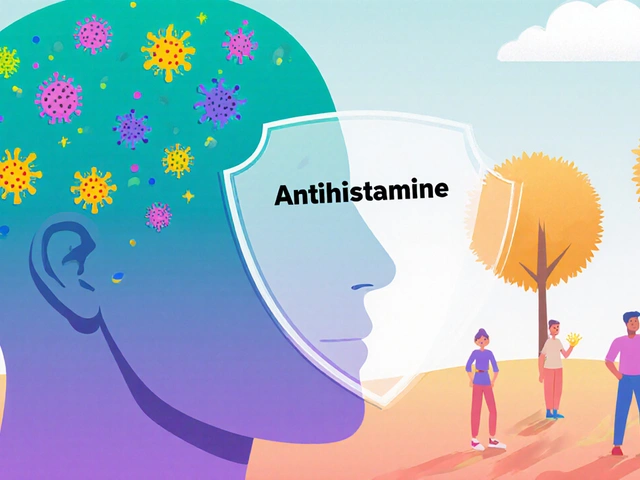Hidradenitis Suppurativa: Painful Nodules and Biologic Therapy Explained
December 20 2025What Actually Causes Diabetes? Simple Facts You Need
When you hear "diabetes" you might picture sugary foods or a family history. The truth is a mix of genetics, lifestyle choices, and age. Understanding the real triggers helps you spot risks early and make smarter choices.
Genetics and the Immune Side
Type 1 diabetes often starts because the immune system attacks the pancreas. If a close relative has type 1, your odds go up, but most people with the disease have no family history. For type 2, genes play a role too—people whose parents or grandparents have diabetes are more likely to develop it, especially if they also carry other risk factors.
Weight, Food, and How Much You Move
Extra body fat, especially around the belly, makes cells less responsive to insulin. This is called insulin resistance. Eat a lot of refined carbs, sugary drinks, or fast food, and your blood sugar spikes often, pushing the pancreas to work harder. Over time, the pancreas can’t keep up and blood sugar stays high.
Physical inactivity does the same thing. Muscles use glucose when they move, so sitting for long periods means less glucose gets cleared from the blood. Even a short daily walk can improve insulin sensitivity and lower risk.
Age matters, too. After 45, the chance of type 2 rises because metabolism slows and many people gain weight. But younger folks aren’t safe—poor diet and sedentary habits can cause diabetes in their 20s or 30s.
Other health issues add to the mix. High blood pressure, abnormal cholesterol, and a condition called pre‑diabetes (where fasting blood sugar is a bit high) are warning signs. If you have any of these, it’s a clue that your pancreas might be struggling.
Stress and sleep also matter. Chronic stress releases hormones that raise blood sugar, while lack of sleep messes with hormones that control hunger and insulin. Both can push you toward diabetes if they become routine.
So, what can you do right now? Keep an eye on your weight, choose whole foods over processed snacks, move at least 30 minutes most days, and get regular check‑ups. If you have a family history, talk to your doctor about testing even if you feel fine.Knowing the main causes gives you power. It’s not about blaming yourself; it’s about spotting patterns and tweaking habits before they turn into a full‑blown disease.
 22 Sep
22 Sep
Type 2 Diabetes Explained: Symptoms, Causes & Risk Factors
Learn what type 2 diabetes is, recognize its symptoms, understand the underlying causes, and discover key risk factors to help you manage or prevent the condition.
Read More...




